Any sufficiently advanced technology is indistinguishable from magic.
—Arthur C. Clarke



Any sufficiently advanced technology is indistinguishable from magic.
—Arthur C. Clarke

In 1872, a wondrous region called Yellowstone was set aside as the world’s first national park, giving adventurous travelers access to a geologist’s paradise that seethes with pent-up volcanic forces. As more and more national parks were created—not just in the United States but also in Canada and Mexico—geologists were revolutionizing their field, piecing together a detailed understanding of how the world works. National parks have made these magnificent reminders of the awe-inspiring power of our planet accessible to everyone. Today, there is no better education in the remarkable forces that formed our world than a tour of the national parks of North America. These parks capture a special place in our hearts and draw millions of tourists each year.
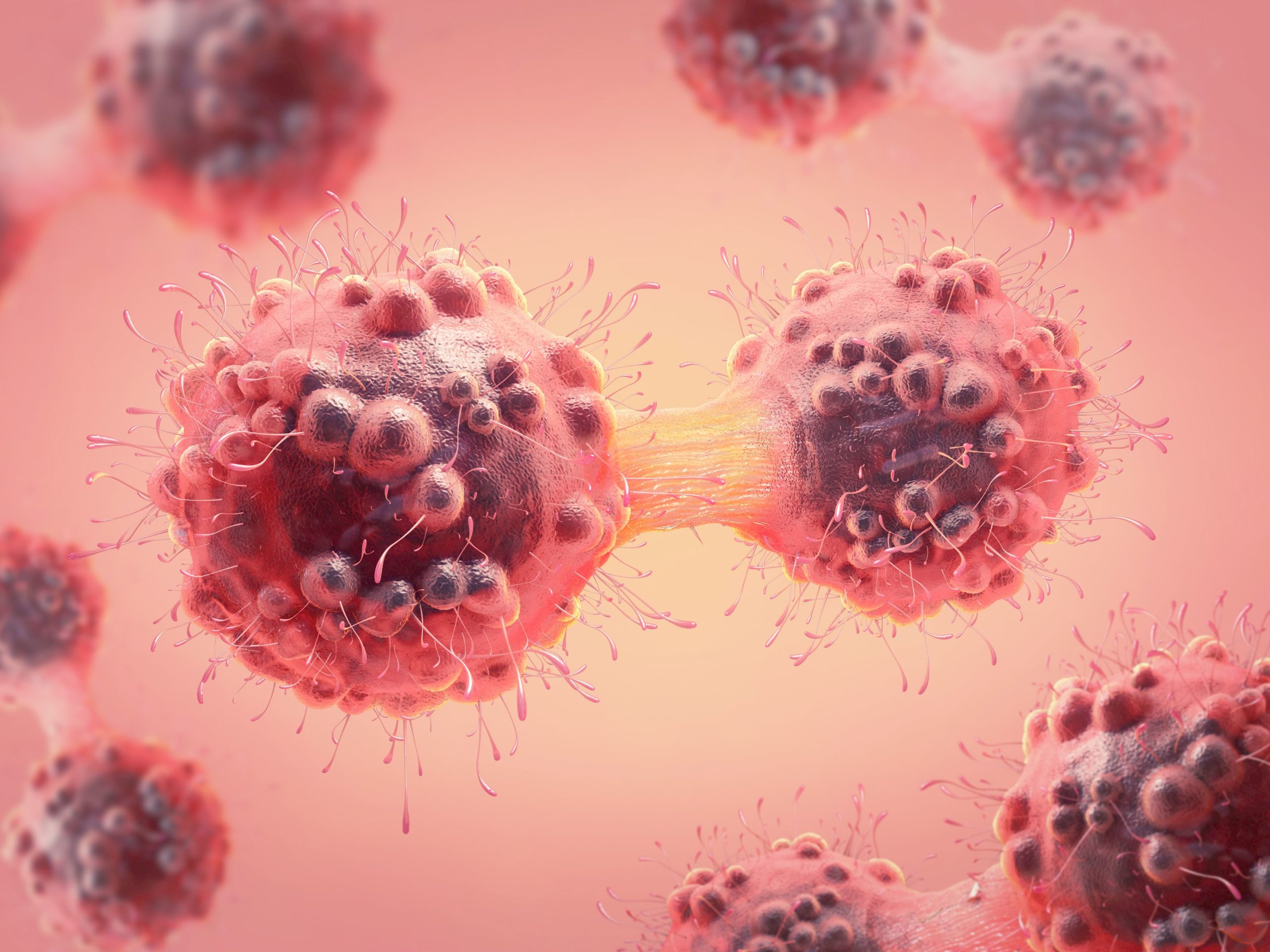
Few global challenges touch humanity with as much immediacy or ubiquity as cancer. Over the course of their lifetime, one in three people in North America, Europe, and Australia will develop a malignancy, and in the United States alone, the direct and indirect costs of cancer amount to billions of dollars a year. The sad truth is that almost every family in the Western world will be affected by cancer at some point in their lives.

He was the quintessential genius whose brainpower rewrote the laws of the universe. Albert Einstein may have died decades ago, but his immense legacy continues. Who has not heard of Einstein’s theory of relativity, which revolutionized our understanding of space, time, and matter? His other discoveries are themselves titanic achievements that on their own would have made him a famous scientist.
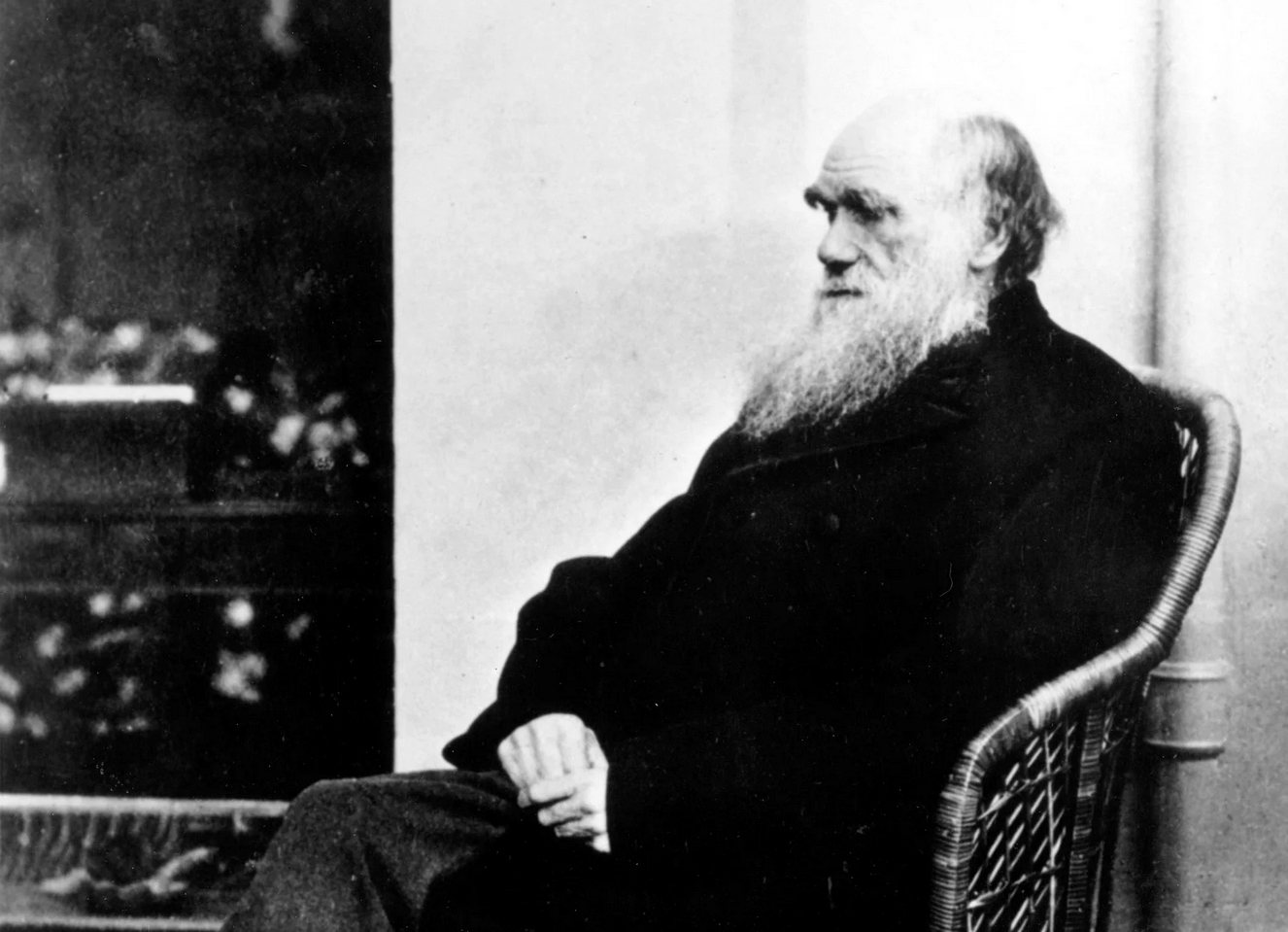
Writing the final pages of his masterpiece The Origin of Species, Charles Darwin looked ahead to the work yet to be done on his groundbreaking theory of evolution by natural selection. “In the distant future,” he predicted, “I see open fields for far more important researches.”

The year is 8000 B.C. A man wanders across a field of prairie grasses in search of edible berries and roots and wild game to feed his family. As he walks, the tips of the grasses brush against him, releasing seeds. He collects a few of these seeds and brings them back to his camp. Later, he notices that when they fall on earth, they begin to sprout, and a new plant grows.
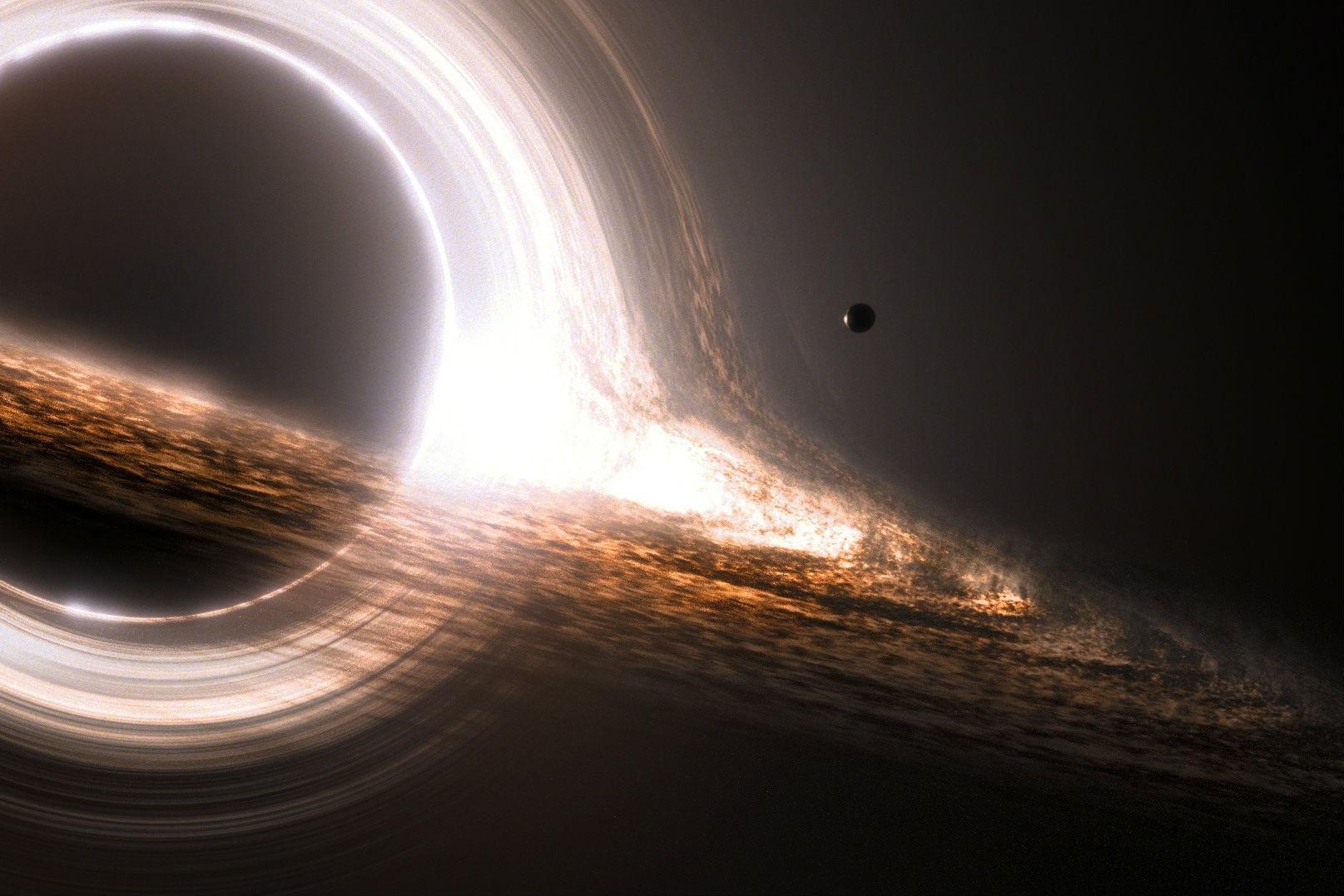
The great theories of physics are like great works of art. And much like the greatest works of art, you don’t need to completely understand them in order to appreciate them. The unifying theories of physics are among the greatest and most complex in all of science; they stand as incomparable masterpieces in the gallery of modern thought. As you experience them, you will witness their progression toward ever-grander insights, pointing towards an as-yet-unfinished ultimate synthesis that will transform our understanding of the universe. Anyone, no matter what their training in science and mathematics, can appreciate this quest, which is nothing less than a search for the theory of everything.
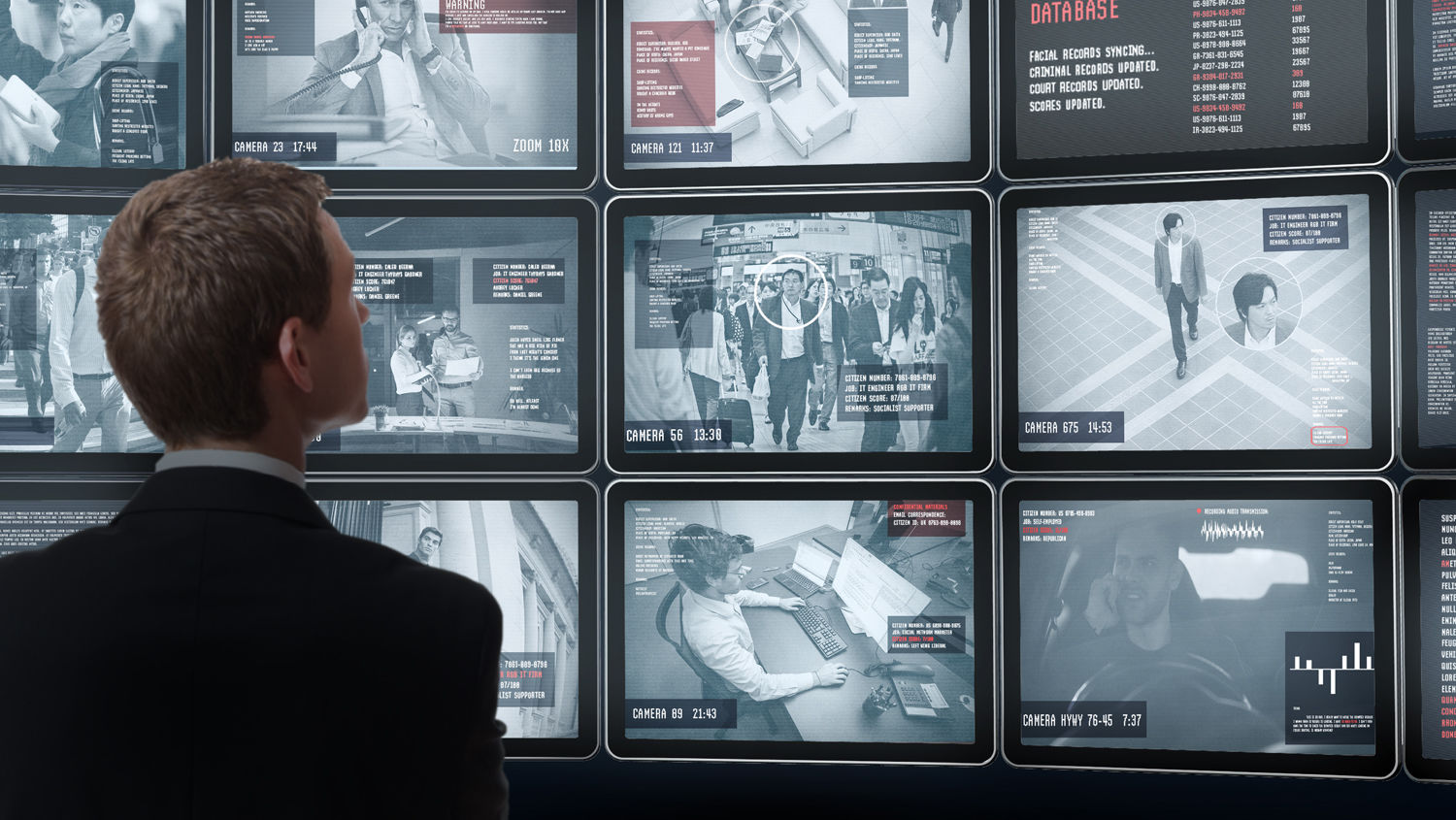
A police officer places a GPS device on a suspected drug dealer’s car to trace his whereabouts and build a case against him. A popular retail store uses predictive analytics to send pregnancy-related advertising to a teenager who has yet to tell her parents about her condition. A Kentucky man shoots down a neighbor’s drone that is flying over his private property.
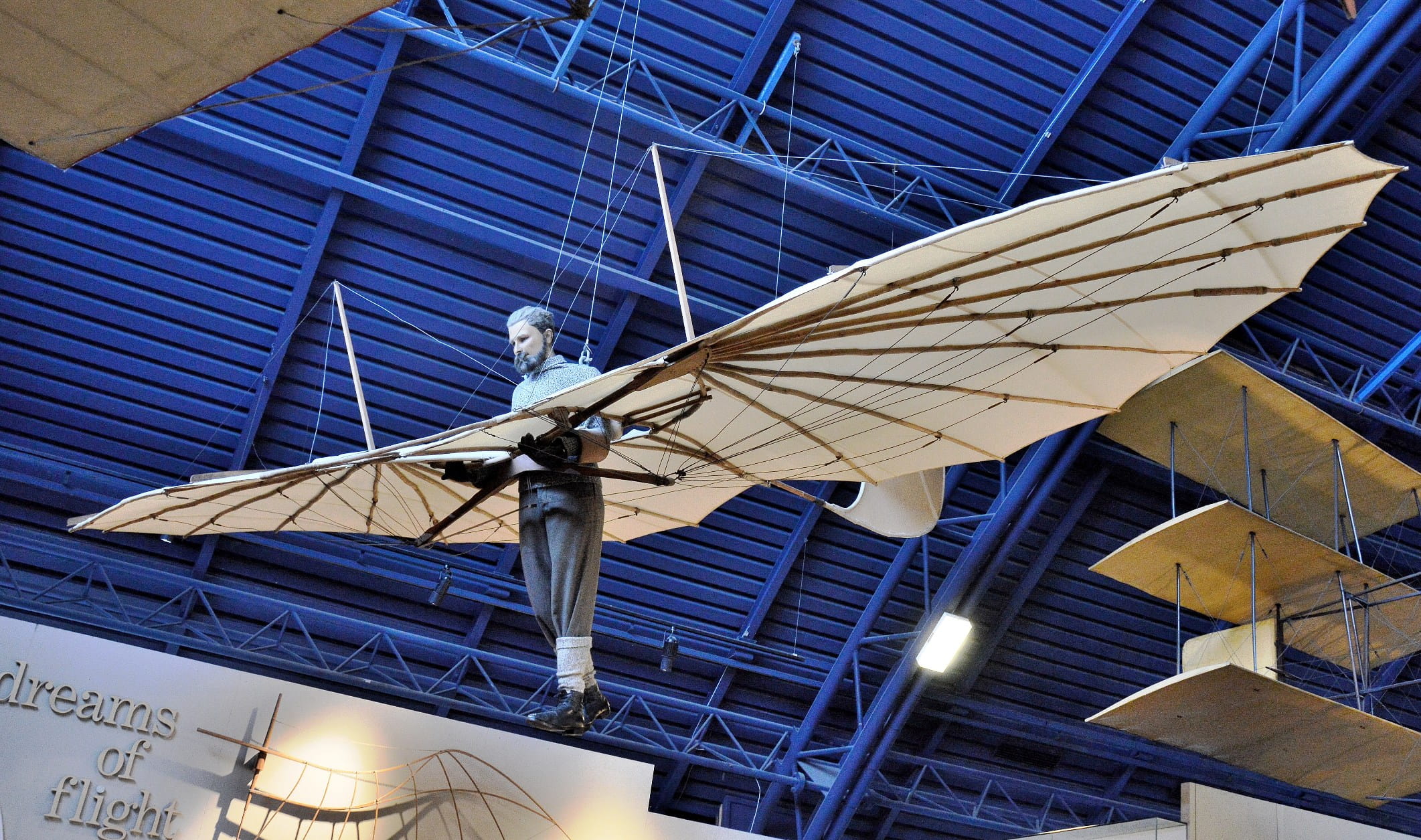
Many of us board a plane without understanding what a truly extraordinary experience flight is: suspended 30,000 feet or more in the air, propelled to our destination at close to the speed of sound, protected from extreme cold and low pressure by the thin skin of the aircraft. We realize it’s complicated, but few of us know how it works. Even more remarkable is space flight, the “rocket science” that we use as a benchmark of difficulty or complexity.

Energy is, without a doubt, the very foundation of the universe. It’s the engine that powers life and fuels the evolution of human civilization.
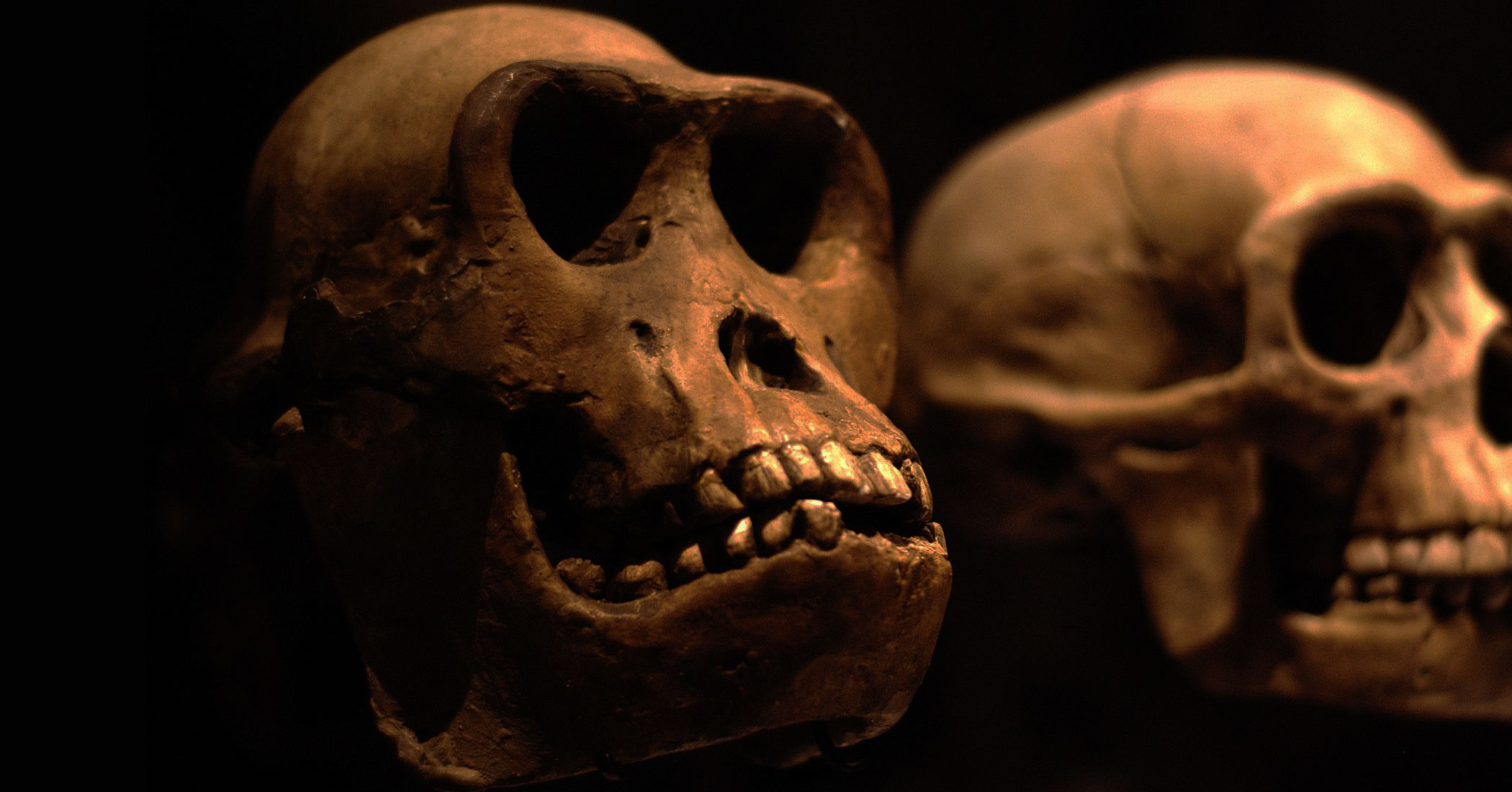
Trying to understand our human origins has always been a fundamental part of who we are. One of the core things we want to know is how we came to be. Thousands of years ago, human civilizations developed elaborate stories to explain the origins of humans. But today, with the help of dramatic archaeological discoveries and groundbreaking advancements in technology and scientific understanding, we are closer than ever before to learning the true story. In recent decades, paleoanthropology has exploded, bringing us closer than ever before to making sense of this controversial subject and providing us with a richer understanding of our origins. It’s also sparked continued debate among the greatest minds in the field and prompted anthropologists to revise, update, and even, in some cases, overturn ideas and theories about key issues in human evolution.
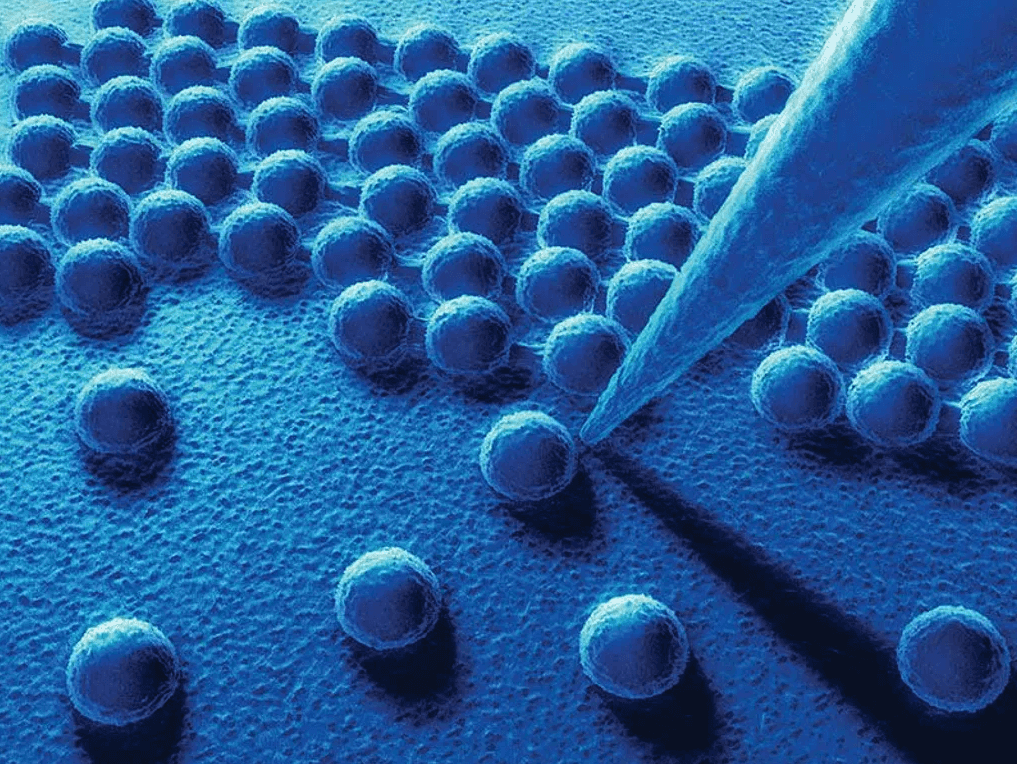
One day in 1900, German physicist Max Planck told his son that he had made a breakthrough as important as Isaac Newton’s discovery of the workings of the universe. Planck had reached the surprising conclusion that light behaves as if it is packaged in discrete amounts, or quanta, a seemingly simple observation that would lead to a powerful new field of physics called quantum mechanics.